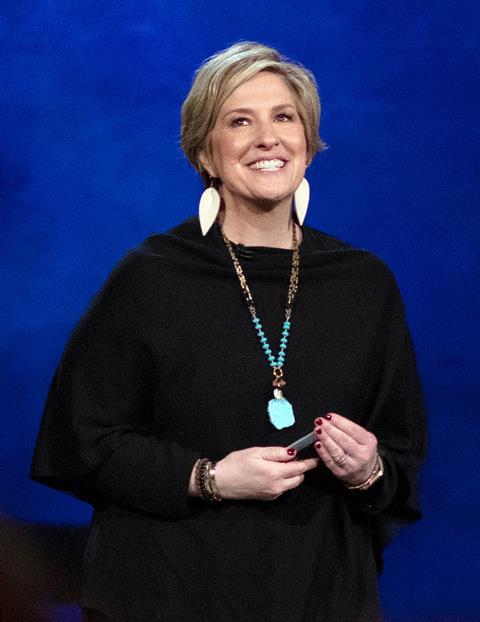Alex Noel reflects on our longing for true belonging and why the places we look to often can’t hold us. Drawing on faith and lived experience, she unpacks where home is really found when everything around us keeps shifting.

Interviewed recently on Steven Bartlett’s podcast The Diary of a CEO, Brené Brown (his most requested guest ever) reflected that, of all her books, Braving the Wilderness was “the only prophetic book that I think I’ve ever written”.
Published in 2017, in it she observed that people were beginning to ‘sort’ themselves into “ideological bunkers”, forming strongholds of opinion and belief. And that while this created a strong sense of camaraderie together with ‘likeminded’ people, it also fostered an ‘us versus them’ mentality. More widely it had the power to profoundly separate people from each other through mutual distrust and animosity.
READ MORE: Book Club: Beyond Ethnic Loneliness: The pain of marginalization and the path to belonging
Describing herself as a woman of deep Christian faith, Brown refutes the idea that she is “prophet-like” in having foreseen our current state of disconnection and polarisation
Describing herself as a woman of deep Christian faith, Brown refutes the idea that she is “prophet-like” in having foreseen our current state of disconnection and polarisation. She adds that these ‘bunkered’ relationships, which feel so important, are no more than fragile alliances based on conclusions we might share on just one or two issues. And therefore are prone to shift and change as new challenges surface. They are not, she emphasises, relationships based on authentic connection.
As a result people are lonelier than ever. The connection we’re craving continues to elude us, and we’re unable to lay hold of the true belonging we seek.
READ MORE: Church and belonging
But you don’t need to find yourself in an ideological bunker to ask the question, ‘where do I belong?’ It can be in the back of your mind as you make a move to a new city, or try to find a new church. It’s a question I’ve asked myself often enough as I’ve made numerous moves over the years, never quite satisfied that I’ve found a home. I’ve even been laughingly called a ‘rolling stone’ (thanks Mum). And while much of this is circumstantial and has often felt like taking a series of obedient steps in following Jesus, I know deep down that I’ve also struggled to belong.
READ MORE: Marriage is not the only pathway to reduced loneliness
“I don’t think you can truly belong…if you don’t belong to yourself first. True belonging requires us to be who we are, not to change who we are, that’s ‘fitting in’.
It’s easy to conflate belonging with ‘fitting in’. Brown explains why: “I don’t think you can truly belong…if you don’t belong to yourself first. True belonging requires us to be who we are, not to change who we are, that’s ‘fitting in’. [And] ‘fitting in’ is the single greatest threat to belonging.” In order to fit in we end up betraying ourselves. To belong, (and to belong to ourselves) we need the courage to stand alone. So where do we get this courage?
It’s something I’ve been thinking about a lot lately. For years I was looking to the context I was in to provide a sense of belonging - whether that was a flatshare, a church or a group of friends, or my family. Sometimes I found it, sometimes I didn’t. And if I did find it, it didn’t necessarily last. Recently though, I’ve realised that belonging isn’t found primarily in things external to us, whose shape we might either contort ourselves to fit, or set about trying to fix so they will accommodate us. Belonging is found in a Person.
Finding belonging in the Person of Jesus, is the courage to stand alone. Here I also belong fully to myself. No longer plagued by the inner homelessness that fuels the restless search for belonging - I am home. This means we can carry belonging with us into any place or context we find ourselves. And because we’re no longer searching for it, we can be the ones to offer it to others, just by being ourselves. We can create belonging on the basis of authentic connection, because it’s drawn from an inherently deeper well than a set of shared points of view or anything else transitory.
And if external circumstances do shift and change, as they will; we can remain steadfast and rooted, standing alone if we have to, and totally at home.




































No comments yet